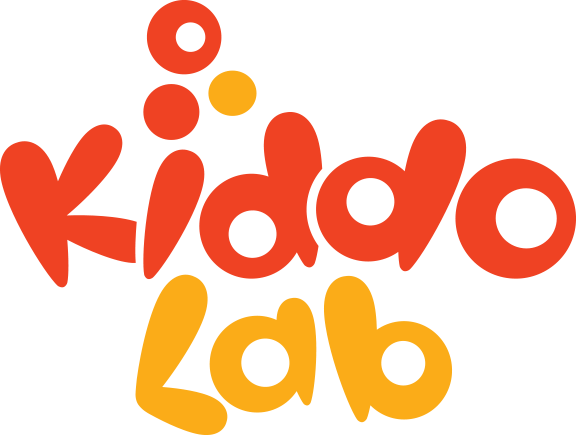
Babies are bundles of joy to the family. Their squeals of laughter and smiles take away our stress and problems. As parents, we always see to it that our babies are healthy, comfortable, and happy. Bear in mind that a healthy baby is a happy baby.
A baby’s health condition can affect his or her personality. If a baby is happy, then he or she will develop a positive personality. If a baby is unhealthy and exposed to a negative environment, then his or her personality will be reflective of the environment the baby has been exposed to.
A mother always sees to it that her baby never goes hungry. Feeding your baby properly is the most important factor which contributes to your baby’s development and growth.
WHEN SHOULD YOU START GIVING YOUR BABY SOLID FOOD
I had my first baby when I was 30. Although I had ideas and knowledge regarding motherhood, a lot of factors made me question what data I have about it. One factor was my mother-in-law. She often visited us and there are times when she stays with us for quite a while.
Naturally, I was confident that what I was doing with my baby was correct, as I was guided by my baby’s paediatrician. My baby started asking for food, other than milk, as early as when she was 4 months old. As per advice of her paediatrician, I started giving her small amounts of baby food, mashed potatoes, squash, and carrots.
But my mother-in-law contradicted my actions. She said that babies must be given solid food at 6 months, and not before. She is older and more experienced than me, having had six kids herself, so it made me question my actions.
Who did I run to for advice? The expert, of course, my baby’s paediatrician. She explained to me that every baby is different. There are babies who are ready for solid food at 4 months. That is normal. But just give your baby small amounts of solid food, until her body can get used to it.
Whenever your baby is ready, you can introduce him or her to solid food. This happens between 4 to 6 months. But until then, breast milk or formula milk are the only nourishment your baby needs to give him or her the nutrients his or her body needs.
HOW TO TELL IF YOUR BABY IS READY FOR SOLID FOOD
The question now is how will you know if your baby is ready for solid food. There are indications which will help you to know this.
Curious about food – you will know if your baby is curious about food if they reach out for your food when you are eating. You can also try offering your baby a spoonful and when he or she opens his or her mouth, then it means your baby is ready for solid food.
Able to sit well when supported – to be able to swallow food properly, a baby must be able to sit properly in a high chair or an infant feeding seat. Being able to sit properly when supported shows readiness for solid food.
A steady head – if your baby is able to control his or her head in an upright position, then this is one sign that your baby is ready for solid food.
Significant weight gain – once your baby has doubled his or her birth weight, or weighs at least 13 pounds, and is at least 4 months old, he or she may then be ready for solid food.
Losing the "extrusion reflex" – Your baby should be able to move food to the back of his or her mouth and swallow it, by not using his tongue to do it.
BABY’S FIRST SOLID FOOD
Once your baby shows signs and indications that he or she is ready for solid food, the next question would be what kind of solid food you should give your baby.
Breast milk is still best for babies because it helps protect them from illnesses. Breast milk strengthens the immune system of your baby. So despite the fact that your baby may now eat solid food, it is still recommended that mothers continue breastfeeding them.
It is important that you introduce food to your baby one at a time.
Be careful when you give solid food to your baby. Take note of what you feed your baby so if ever he or she develops allergies, you will know what kind of food has caused the allergy. Just give them these solid foods, but watch out for allergic reactions.
If your baby has known allergies, like if your family has certain allergies, which your baby may have possibly inherited, avoid giving your baby food which may trigger the allergy.
HOW TO INTRODUCE YOUR BABY TO SOLID FOOD
There may be times when your baby may eat less or rejects the food you feed him or her. Do not be alarmed. That is normal, provided it does not happen very often. Remember that each baby is different, so you cannot compare your baby to your friend’s baby, or the like.
- Expose your baby to different food.
- Let them touch and enjoy the food you give them.
- Let them feed themselves with their fingers and hands if you find they are interested to do it.
- Do not force them to eat. Forcing them may be traumatic for them, which might make them develop a negative attitude towards eating. Wait until the next feeding.
- Do not add salt or sugar on your baby’s food.
- Wait for your baby’s mouth to open when you hold out a spoon. If your baby shows interest, let him or her hold the spoon.
- Always stay with your baby during feeding time so you are near in case your baby chokes.


